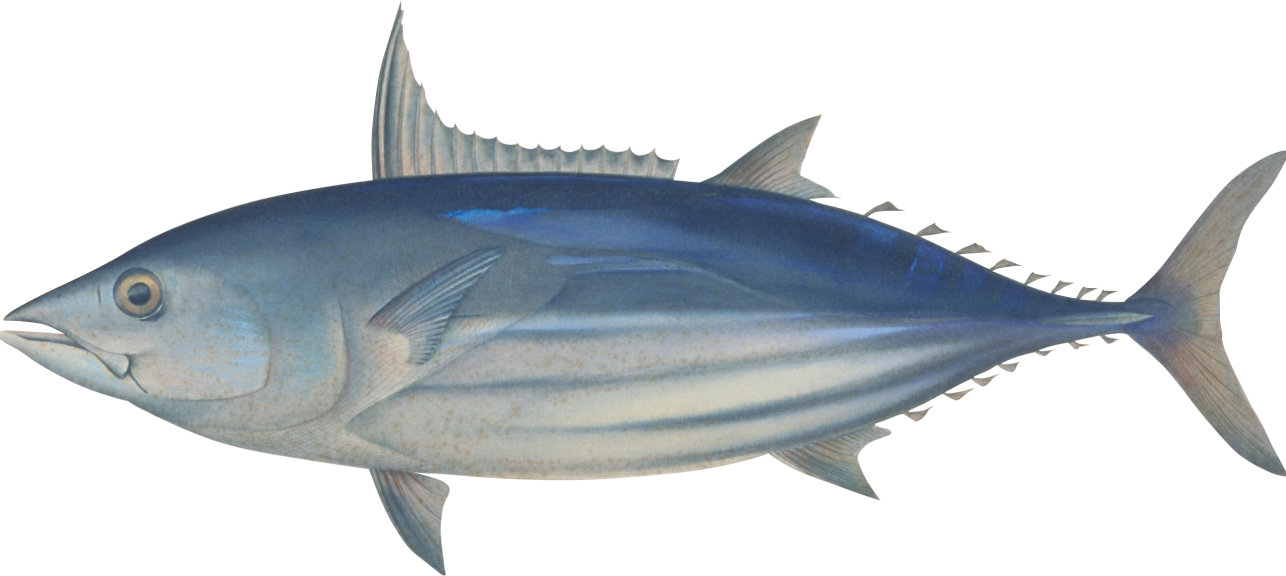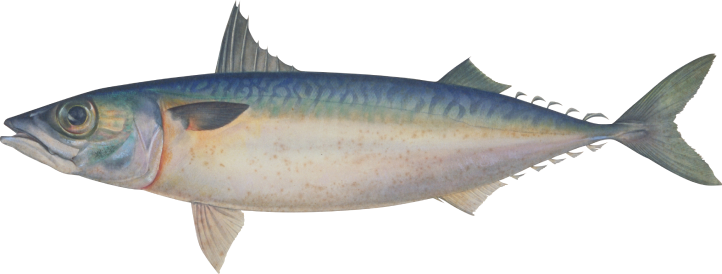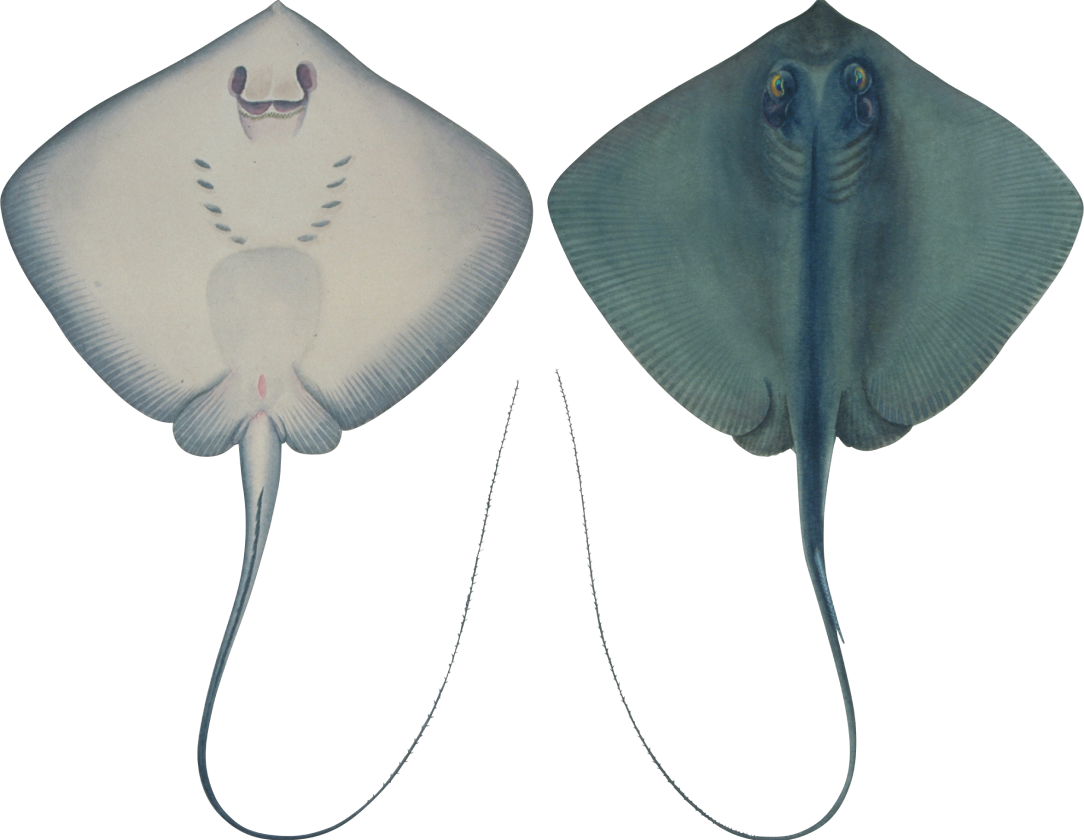
Objectives of the program


Providing global learnings in the domains of marine products and ocean environment, in order to foster human resources that contribute to preserve oceans
Asia is said to be the place where the fishing industry is the most active in the world. However, there is growing concern over the sustainability of marine products and the environment, due to climate change and human activities. To deal with this issue, Japan and Korea have taken domestic measures since the middle of the 20th century, referring to their long history of utilizing marine resources. On the other hand, the developing countries in the fishing industry, including China and Malaysia, have just faced the problem of limited ocean resources. Since the problem is rapidly becoming worse on a large scale, it is necessary to cooperate beyond borders, instead of just implementing domestic solutions whose effects are limited.
This program will foster global experts that can suggest solutions and execute them as soon as possible. It has two main fields; ‘the field of fishing industry’ in which Japan, China, and Korea cooperate and co-manage the marine resources, and ‘the field of the marine environment’ that deals with marine debris.


Introductory Video ofGraduate School of Fisheries and Environmental Sciences
Interview Videos with Study Abroad Students
Voices of International Students
Voices of International Students
2023
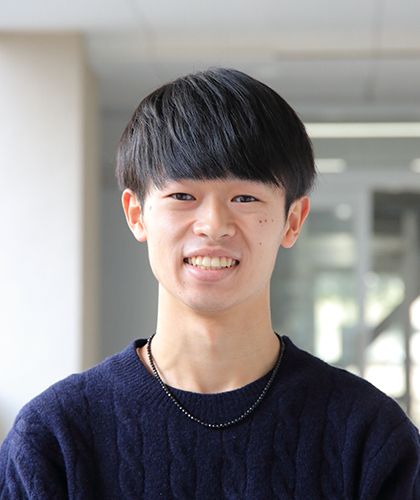
Ryo Okamoto
Faculty of Environmental Science, 4th year
Studied at Universiti Malaysia Terengganu for about 2.5 months
Studied at Universiti Malaysia Terengganu for about 2.5 months
Through a variety of fieldwork
Experiencing the local natural environment
At the University of Terengganu, I attended lectures on fish microbiology, economics, and fish specimens. During the fieldwork conducted in Kelantan, specimens were made from fish obtained at fishing ports and fish markets……
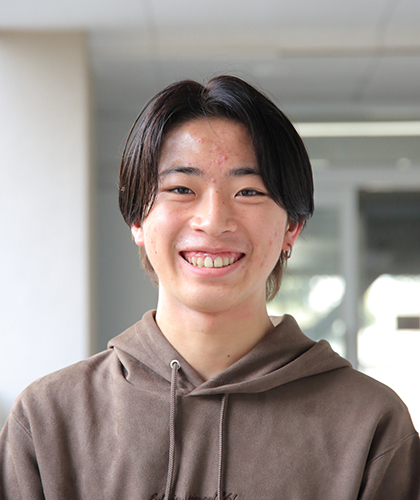
Kento Nakase
Faculty of Fisheries, 2nd year
Studied at Pukyong National University for about 4 months
Studied at Pukyong National University for about 4 months
With people from other cultures
I realized the necessity and difficulty of communicating thoughts and feelings
I studied at Pukyong National University to gain an international perspective on fisheries resource management, improve my language skills, and experience Korean culture. In the Global Fisheries Economics lecture……
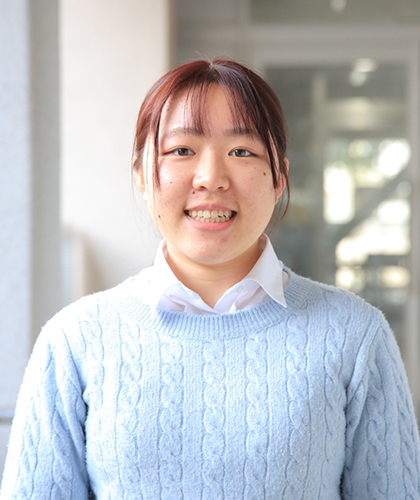
Mine Sugito
Faculty of Fisheries, 1st year
Studied at Pukyong National University for about 4 months
Studied at Pukyong National University for about 4 months
Learning about fisheries from a different angle
Changed my way of thinking
I studied Fisheries Management and Economics at Pukyong University. Some lectures required two or three presentations, so active participation in class was necessary. The library was well stocked and easy to spend time in……
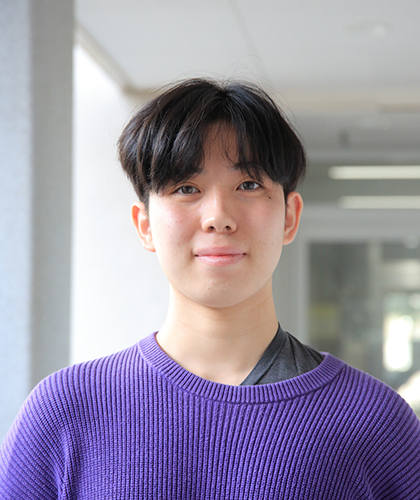
Shunya Kiyabu
Faculty of Fisheries, 4th year
Studied at Universiti Malaysia Terengganu for about 2.5 months
Studied at Universiti Malaysia Terengganu for about 2.5 months
Influenced by the Malaysian national character
I have become more proactive myself.
I originally studied zooplankton. I decided to study abroad this time because I wanted to further develop his previous research. At Terengganu University, I had some trouble with classes in non-specialized fields…..
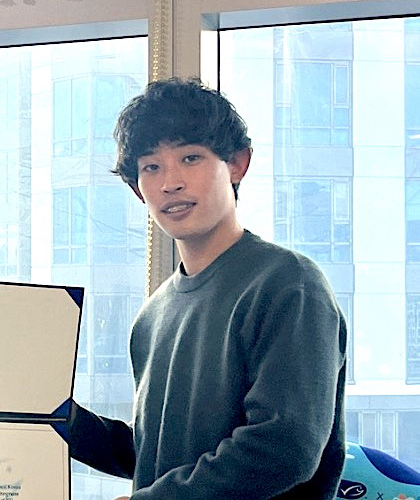
Yuri Yamamoto
Graduate School of Fisheries Science and Environmental Studies, Master’s Program, 1st Year
Studied at Pukyong National University for about 4 months
Studied at Pukyong National University for about 4 months
Facing global fisheries science
Improved research attitude and motivation
In the lecture on global fisheries studies, I was able to deepen my learning by listening to the opinions of students from diverse countries. Extracurricular activities include participation in BISFE 2023……
2022
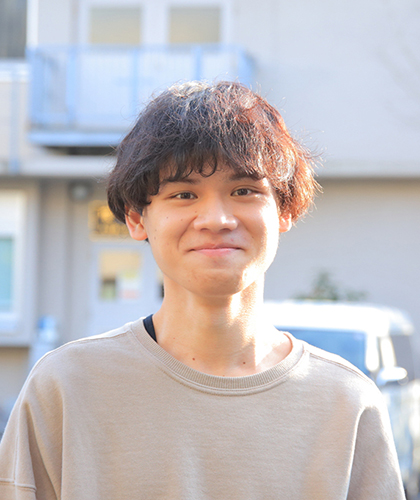
Yoshiki Sugiyama
Nagasaki University, Faculty of Environmental Science, Environmental Conservation Design Course 3rd year.
Studied abroad at University Malaysian Terengganu for about two and a half months.
Studied abroad at University Malaysian Terengganu for about two and a half months.
I was able to actively engage in various experiments.
When I was a child, I had two homestay experiences in the United States, and I was very interested in different cultures. University Malaysian Terengganu, where I studied abroad, was quite large……
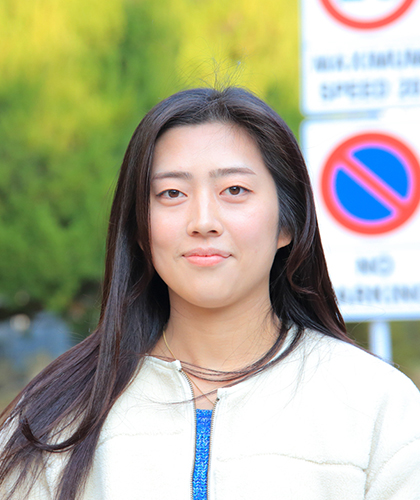
Yukino Baba
Nagasaki University, Faculty of Environmental Science, Environmental Conservation Design Course 3rd year.
Studied abroad at Pukyong National University for about 3 months.
Studied abroad at Pukyong National University for about 3 months.
One week of life on board is a precious time to deepen exchanges.
Marine problems are one of the fields I studied in the Faculty of Environmental Sciences, and I wanted to know what kind of problems overseas universities perceive them as and the perspective of solutions……
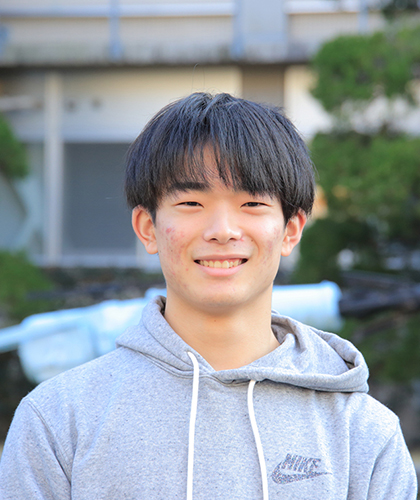
Sohei Shibasaki
Nagasaki University, Faculty of Fisheries, 1st year.
Studied abroad at Pukyong National University for about 3 months.
Studied abroad at Pukyong National University for about 3 months.
I want to tackle maritime issues, which have become a problem between countries.
I joined because I knew I could study fisheries bioeconomics. This program allowed me to learn and experience sustainable fisheries, international perspectives, and exchanges with people from various countries……
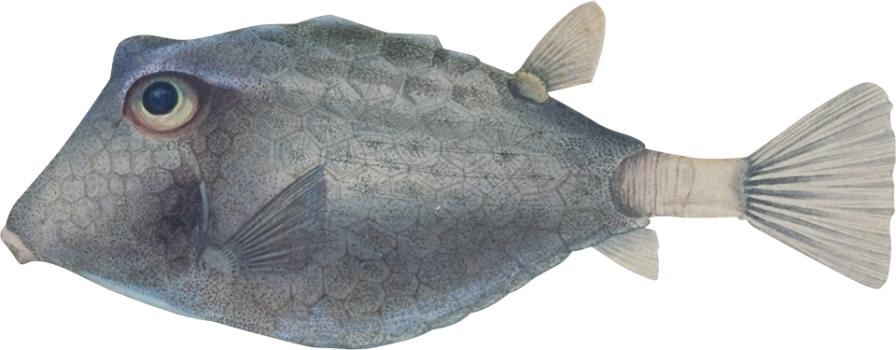
You are expected to be…
You are expected to be…
- Those who can suggest solutions to sustainably utilize the ocean based on the understandings of the diversity in Asia,
- Those who can formulate practical co-management plans, through the discussions and the comprehension of how important it is to cooperate for the management of oceans and marine resources, and
- Those who play an active role in preserving marine environments and resources in their own countries and their institutions and supporting international cooperation between related countries.
The number of students who are planned to send and host
FY2021
- Sending(S)
- 0
- Hosting(H)
- 0
FY2022
- S
- 6
- H
- 6
FY2023
- S
- 8
- H
- 12
FY2024
- S
- 10
- H
- 18
FY2025
- S
- 10
- H
- 20
Requirements for participating in this program
Requirements
for participating
- You should be a degree-seeking student in Nagasaki University or universities that signed the memorandum of understandings on student exchange, based on International Agreements on Academic Cooperation.
- You should be a master’s student of Graduate School of Fisheries and Environmental Sciences, or a undergraduate student of the faculty of fisheries or the faculty of environmental science.
- Graduation or the completion of the master’s course should be after the program.
- Since contents are delivered in English, students who are to participate in the program are recommended to have a 500 or higher than 500 TOEIC-score. Through the program, students will polish their English skills, aiming for taking higher than 700-score (for students participating in Double Degree Program (master’s course)) or 600-score (for short-term exchange students).
